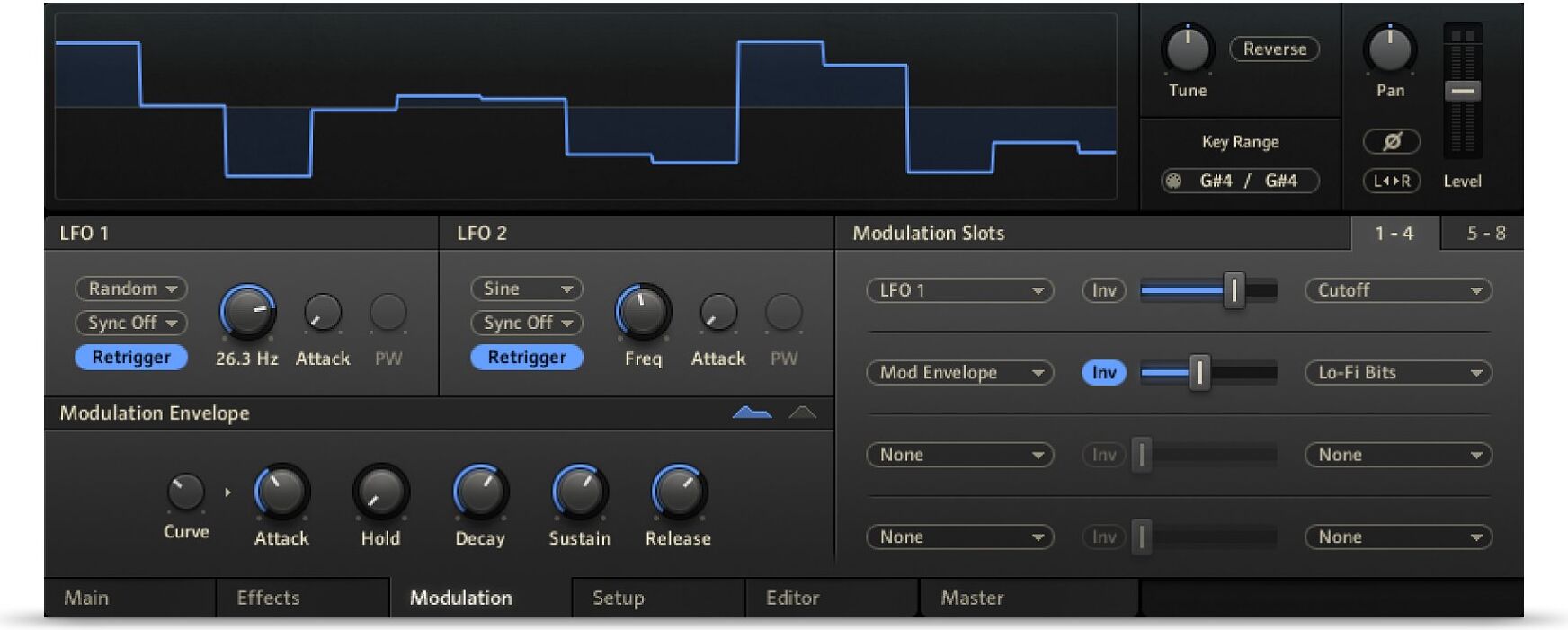
His father, Filippo Volta, was of noble lineage. In 1794, Volta married an aristocratic lady also from Como, Teresa Peregrini, with whom he raised three sons: Zanino, Flaminio, and Luigi. Volta was born in Como, a town in northern Italy, on 18 February 1745. The SI unit of electric potential is named in his honour as the volt. At this time he tended to live secluded from public life and more for the sake of his family until his eventual death in 1827 from a series of illnesses which began in 1823.

ĭespite his professional success, Volta tended to be a person inclined towards domestic life and this was more apparent in his later years. Volta held the chair of experimental physics at the University of Pavia for nearly 40 years and was widely idolised by his students. Volta enjoyed a certain amount of closeness with the emperor throughout his life and he was conferred numerous honours by him. Volta also drew admiration from Napoleon Bonaparte for his invention, and was invited to the Institute of France to demonstrate his invention to the members of the institute. Volta's invention sparked a great amount of scientific excitement and led others to conduct similar experiments, which eventually led to the development of the field of electrochemistry. With this invention Volta proved that electricity could be generated chemically and debunked the prevalent theory that electricity was generated solely by living beings. He invented the voltaic pile in 1799, and reported the results of his experiments in 1800 in a two-part letter to the president of the Royal Society.

Alessandro Giuseppe Antonio Anastasio Volta ( / ˈ v oʊ l t ə, ˈ v ɒ l t ə/, Italian: 18 February 1745 – 5 March 1827) was an Italian physicist and chemist who was a pioneer of electricity and power who is credited as the inventor of the electric battery and the discoverer of methane.


 0 kommentar(er)
0 kommentar(er)
